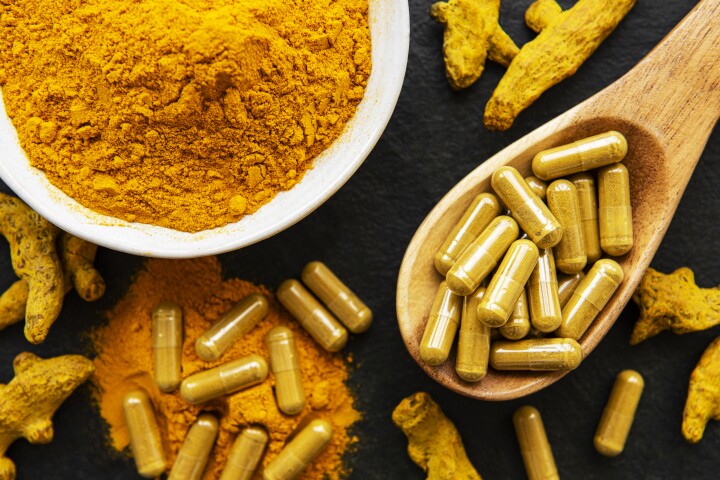
As many college kids, shift workers, corporate-ladder climbers, and parents know, coffee can be a powerful way to overcome your body’s fatigue and keep you ticking long past the point of passing into slumber. The stimulating effects of coffee are, of course, due to its caffeine content, a chemical that blocks the effects of a drowse-inducing neurotransmitter called adenosine in the brain.
Now, researchers in Japan have accidentally stumbled on a way to make caffeine’s effects on our body clocks even more powerful.
“We were examining the characteristics of male mice behavior during sweetened caffeine water drinking just in general, and came across interesting behavioral changes we hadn’t expected,” said Yu Tahara, associate professor at Hiroshima University. “So we targeted our investigations on these sugary effects.”
Tahara and his team fed water containing 0.1% caffeine to mice along with either 1% sucrose (sugar), or 0.1% saccharine. In terms of caffeine, the mixture was about equivalent to half of what humans would drink in a cup of espresso, and the sugar was equal to about one-tenth what would be found in a typical energy drink.
They found that the mice that drank the caffeine sweetened with sugar saw their “free-running time” extended from 26-30 hours. Free-running time refers to the period in which an organism’s biological clock, also known as its circadian rhythm, resets. These are normally quite close to 24 hours. In some mice, the effects of the sugar/caffeine combination was so strong that they switched from being nocturnal to diurnal.
“The added sweetness did not change the amount of this caffeine water that the mice drank, so the effects could not be the result of just drinking more caffeine,” added Tahara. “It had to be the combination of caffeine and sweetener.”
The effects were seen even if the mice were exposed to constant darkness, which suggested that the effects of the added sugar were independent of the actions of the suprachiasmatic nucleus, a section of the brain’s hypothalamus that regulates our day-night cycles and is usually triggered by light.
While the researchers aren’t entirely sure why the effect occurred, they believe it might be related to the fact that both caffeine and sugar operate on the reward system in the brain, causing the release of dopamine which, they say, can disrupt the normal sleep-wake cycle. The team now plans to conduct additional studies to see if the effects seen in mice transfer to humans. Tahara says adding a bit of sugar to your drink might just be worth a try even before those studies are carried out, however, especially if you need a bigger boost from the beverage.
“If you want to be even more perky in the morning, you might want to make sure you take your coffee with something sweet for breakfast,” he concludes.
Of course, if you have trouble sleeping, you might want to try leaving sugar out of your late day cup.
Better coffee drinking, according to science
This isn’t the first time researchers have looked at ways to boost – or temper – coffee’s effects on the body. If you want to enjoy the perfect cuppa, according to science, in addition to considering the sweetener effect, you might also want to think about having your morning coffee after breakfast, as one study showed that the beverage can interfere with the body’s glucose response.
You may also want to include a dash of milk to your daily joe, as two studies showed that it could help boost the beverage’s anti-inflammatory properties. And finally, having your coffee about a half hour before you exercise could also make a lot of sense, as the practice was found to boost the fat-burning effects of aerobic activity.
The new study has been published in the journal npj Science of Food.
Source: Hiroshima University
–












